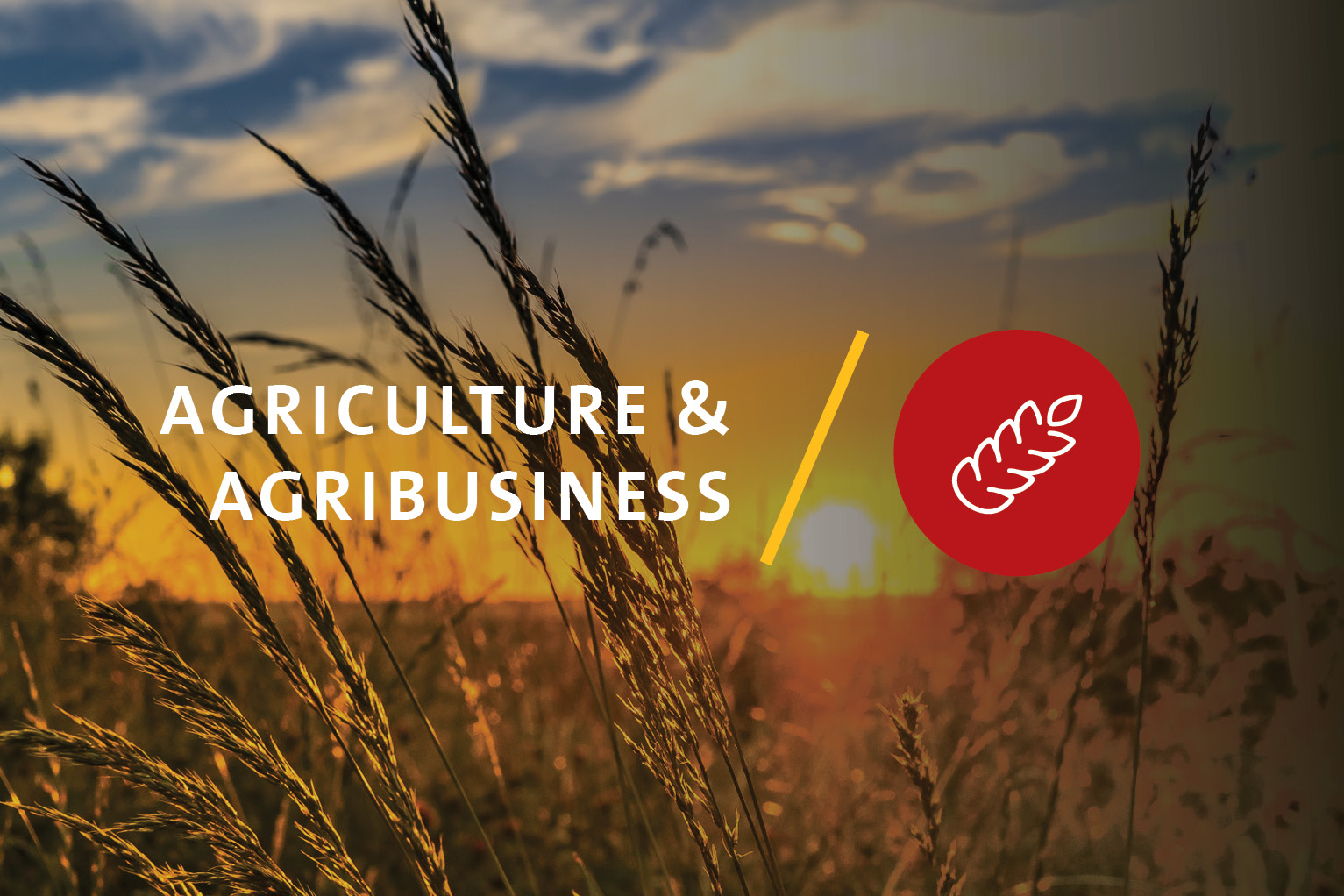
Background and Rationale
Zambia faces significant development challenges, with 60% of its population living below the national poverty line and rural poverty rates reaching 79%. Despite progress over the past two decades, malnutrition remains a major concern: over one-third of Zambian children are stunted, and the majority of households cannot afford a healthy diet.
The BMZ-funded FANSER+ project builds on the successes of its predecessor, aiming to improve the nutritional situation and resilience of poor rural households, particularly women and young children, in Eastern and Luapula provinces. FANSER+ distinguishes itself by prioritizing the active involvement and capacity building of government structures to ensure sustainable, government-led implementation of nutrition and gender-transformative approaches.
Objectives
- Increased the number of women of reproductive age meeting the Minimum Dietary Diversity for Women (MDDW) standard.
- Improved meal frequency and diversity for infants and young children, aligning with the Minimum Acceptable Diet (MAD) standard.
- Supported thousands of households in expanding agricultural production to include climate-resilient and nutrient-rich crops and foods.
- Strengthened women’s participation in household nutrition decisions, as reflected in the Household Decision Making Index. (Note: This indicator has been flagged for future revision due to inconclusive baseline data.)
- Enabled government representatives to enhance nutrition-related policies and services through multisectoral coordination.
Tasks of the expert
- Leading the conceptualization and implementation of Gender-Transformative Approach (GTA) interventions, including male engagement, youth-focused messaging, and the capacity development and active involvement of traditional and religious leaders.
- Ensuring effective integration of gender-transformative practices within Care Group lesson plans, Saving and Internal Learning Communities (SILC) sessions, and health facility outreach.
- Developing, adapting, and translating training and information, education, communication materials to fit the local context.
- Supporting the monitoring of gender-related indicators and contributing to the documentation of lessons learned.
- Providing capacity development and on-the-job coaching to district government staff and project personnel.
- Promoting the uptake of GTA by local government structures and identifying opportunities for long-term institutionalisation, together with traditional leadership structures.
- Bachelor´s degree in Gender Studies, Public Health, Development Studies, or a related field with a focus on social norms, gender equity, or women’s empowerment in rural contexts;
- At least 6 years of relevant experience in designing and implementing community-based gender transformative approaches in rural areas;
- 5 years of experience in the field of multi-sectoral projects focused on rural gender equality in the context of food and nutrition security, including work on household nutrition, youth empowerment, or family planning;
- 5 years of experience in development cooperation projects in Zambia.
The project is expected to start in February 2026 and will run for 22 months
Please upload your current CV here
